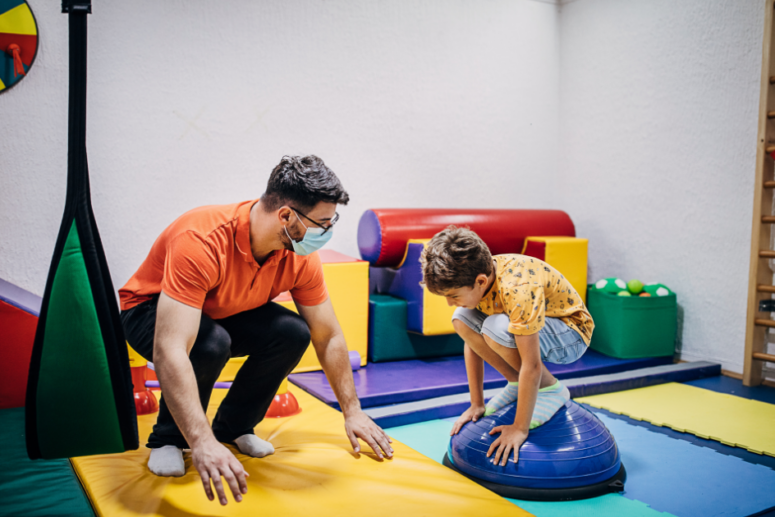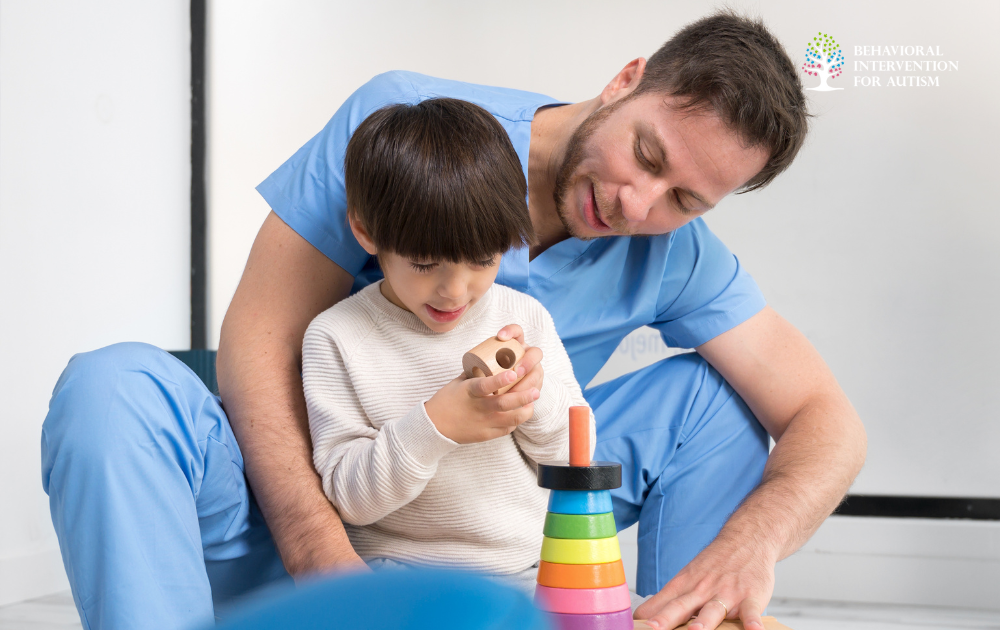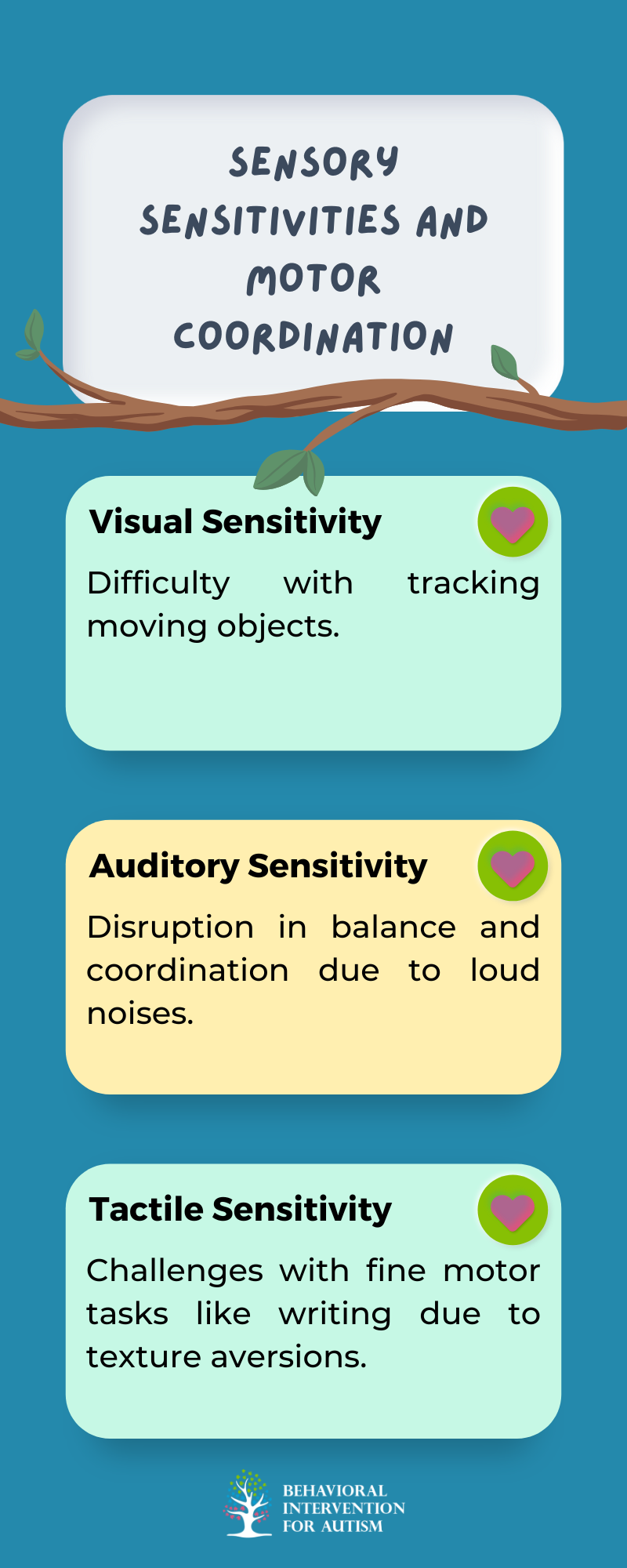
Table of Contents
Exploring the intersection of autism and physical development reveals the nuances of Autism Spectrum Disorder (ASD) and highlights the importance of physical growth for individuals with autism.
Does Autism Affect Physical Development?
Yes, autism can affect physical development, but the extent and nature of this impact can vary widely among individuals. Some children with autism may experience delays in motor skills, including gross and fine motor development. These delays can manifest as difficulties in coordination, balance, or performing tasks like writing or using utensils. Additionally, some children on the autism spectrum may have sensory sensitivities that influence their physical activities and interactions with their environment.
However, it’s essential to recognize that not all individuals with autism will experience physical developmental challenges. Many children with autism may meet or exceed developmental milestones in various areas, including physical abilities. Early intervention and tailored support can significantly enhance motor skills and overall physical development for those who may face challenges. Each child’s experience with autism is unique, and their physical development should be assessed on an individual basis.
Overview of Autism Spectrum Disorder (ASD)
Autism Spectrum Disorder (ASD) comprises multiple neurodevelopmental conditions that are characterized by difficulties in social interaction, communication, and behavior. Individuals with ASD may exhibit a diverse array of symptoms and strengths, making each person’s experience unique. While ASD primarily impacts cognitive and social domains, it can also influence physical development in various ways.
Importance of Physical Development in Individuals With Autism
Physical development plays a crucial role in the overall well-being and quality of life for individuals with autism. Enhancing physical capabilities can improve independence, motor skills, and sensory processing, fostering greater engagement in daily activities and social interactions. By addressing physical development needs alongside other aspects of autism, caregivers and therapists can promote holistic growth and support individuals in reaching their full potential.

How Autism Can Impact Physical Development
The impact of autism on physical development is a topic of interest for parents and caregivers of individuals on the autism spectrum. Understanding how autism may affect motor skills and sensory sensitivities is crucial in providing appropriate support and interventions.
Motor Skills Challenges
Individuals with autism often experience challenges with motor skills development. These challenges can manifest in various ways, such as:
Motor Skills Challenge | Characteristics |
Fine Motor Skills | Difficulties in activities like holding objects, writing, or buttoning clothes |
Gross Motor Skills | Challenges with activities involving coordination and balance, such as running or jumping |
Praxis Skills | Difficulty planning and executing purposeful movements |
It’s essential for parents and caregivers to work closely with healthcare professionals to address these motor skills challenges through targeted interventions and therapies.
Sensory Sensitivities and Motor Coordination
Sensory sensitivities are common in individuals with autism and can significantly impact motor coordination. Sensory processing issues may cause hypersensitivity or hyposensitivity to sensory stimuli, affecting how individuals with autism perceive and respond to their environment.

Addressing sensory sensitivities through sensory integration techniques and creating sensory-friendly environments can help individuals with autism better regulate their sensory experiences and improve their motor coordination skills.
Strategies to Support Physical Development
In supporting physical development for individuals with autism, various strategies and interventions play a crucial role. Here, we explore three key approaches: occupational therapy interventions, sensory integration techniques, and adaptive physical education programs.
Occupational Therapy Interventions
Occupational therapy (OT) is a vital component in enhancing physical development for individuals with autism. OT focuses on improving motor skills, coordination, and sensory processing, which are often areas of challenge for individuals on the autism spectrum. Through personalized therapy sessions, occupational therapists address specific goals related to physical development, such as improving fine and gross motor skills, enhancing balance and coordination, and promoting independence in daily activities.
Sensory Integration Techniques
Sensory integration techniques are another valuable resource for supporting physical development in individuals with autism. Sensory processing difficulties are common among individuals on the spectrum, impacting their ability to respond effectively to sensory stimuli. By incorporating sensory integration techniques into therapy sessions, individuals with autism can improve their sensory processing abilities, leading to better motor coordination, enhanced body awareness, and improved overall physical development.
Adaptive Physical Education Programs
Adaptive physical education (PE) programs are specifically designed to accommodate the unique needs of individuals with autism and other disabilities. These tailored programs focus on promoting physical fitness, motor skills development, and social interaction in a supportive and inclusive environment. By modifying activities and exercises to suit individual capabilities and preferences, adaptive PE programs help individuals with autism engage in physical activities, build confidence, and improve their overall physical well-being.
Autism can indeed impact physical development, affecting motor skills, coordination, and overall physical health. Understanding these challenges is essential for caregivers and individuals alike, as it allows us to implement targeted strategies that promote healthy development.
Behavioral Intervention for Autism offers comprehensive ABA therapy in Florida, focusing on individualized approaches to help children reach their physical milestones. Our dedicated team is passionate about delivering high-quality services tailored to each child’s unique needs. If you want to explore how our interventions can support your child’s physical development, we invite you to contact us for more information.
- 9 Common Obsessions of Children With Autism You Should Know - February 25, 2025
- What is Neurodiversity? A Guide to Embracing Differences - February 25, 2025
- Understanding Hyperfocus in Autism: What It Means and Why It Happens - February 25, 2025
